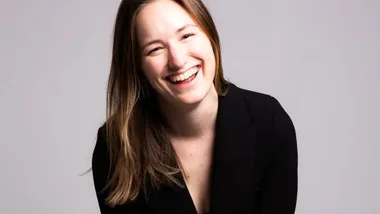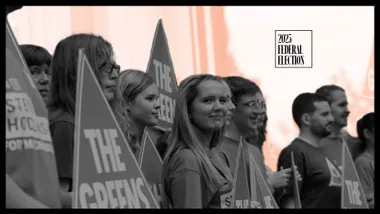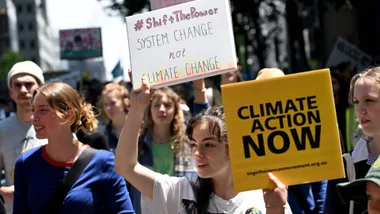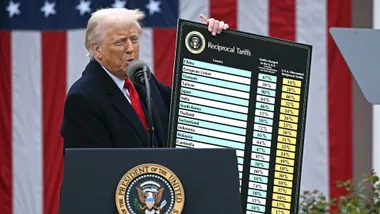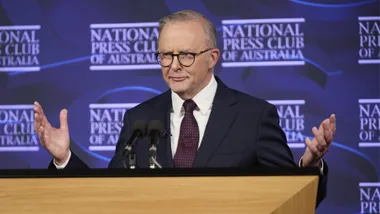It is depressing proof that women can’t have it all.
Just a few days ago, Britain was congratulating itself on the imminent appointment of its second female Prime Minister. Following the abrupt post-Brexit resignation of the male politicians who campaigned hardest for the “Leave” campaign, but found the actual, technical “doing” part of it all too hard, the Conservative leadership was up for grabs. The two people left vying for it were women.
Both Theresa May and Andrea Leadsom seemed, at least to the casual observer, competent, well-spoken and sensible. The kind of women who would just get on with it and leave the ego-flaring to the men they had succeeded.
So far, so marvellous.
That is, until Leadsom, a mother, gave an interview in which she appeared to pity and patronise May, who is not a mother (and who is on record as being regretful about that).
Leadsom seemed to say her motherhood made her better suited to the Prime Ministership.
“I feel that being a mum means you have a real stake in the future of our country, a tangible stake,” she told the Times reporter.
The resulting furore has left Leadsom indignant, claiming she was taken out of context (a full audio recording of the interview shows she wasn’t) and May, presumably, feeling sad.
She has, so far, kept a dignified silence.
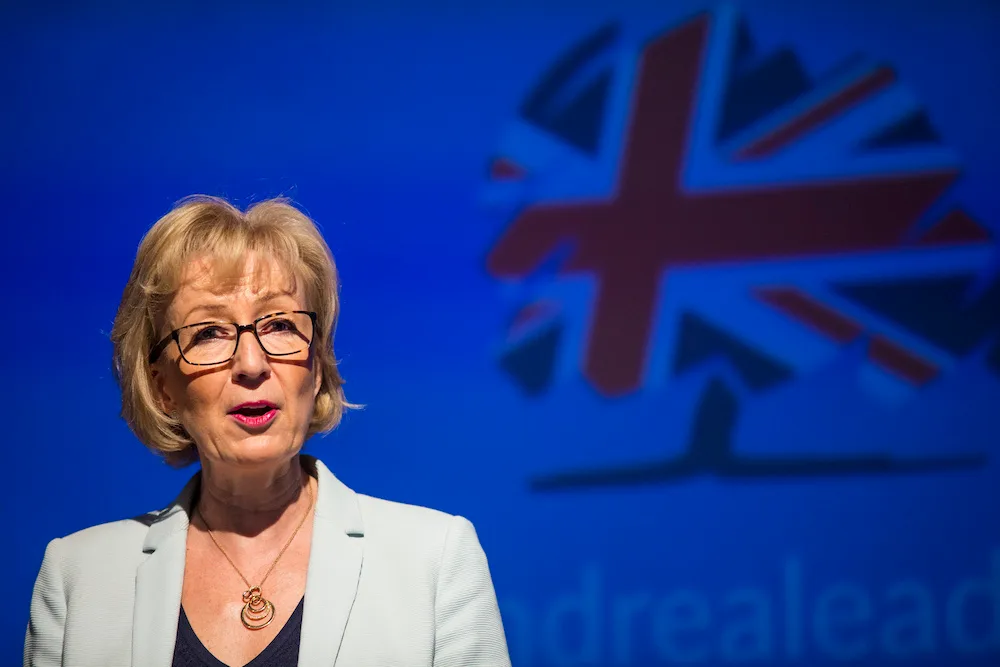
As for the rest of womankind, it’s hard not to feel depressed – on multiple levels – at such an unnecessary and cruel own goal, kicked by a member of the sisterhood who should know better.
Depressed because it is still very rare for mothers to reach high office – it has been accomplished by a handful of women, the most prominent being Margaret Thatcher. Given the hours, hard work and total devotion high public office demands, it is far more common for a childless woman to get there.
And depressed because, once she does get there, what is the very first thing she is criticised for? Not being a mother, of course. The “sacrifice” she has made in “choosing” work over family is seen as selfishness.
Depressed because what she has done, or not done, with her womb is somehow central to her identity in a way it’s not for her male colleagues, and the purposeful non-mother is viewed as somehow a bit unnatural.
Take former Labor leader Mark Latham (the very mention of him is depressing), who said that Prime Minister Julia Gillard “cannot have much love in [her]” given she chose not to have kids. Gillard was famously attacked along these lines by Liberal senators George Brandis and Bill Heffernan and of course, then-Opposition leader Tony Abbott.
There was, it was implied, something ruthless and mercenary about a “barren” woman – according to male politicians who, it is safe to assume, left their wives to do the overwhelming majority of the rearing of their own offspring while they were off selfishly pursuing their own careers.
Depressed because it now it seems you can’t even escape the “deliberately barren” curse even if your barren-ness was not deliberate. May has said that she and her husband wanted but couldn’t have children. At least she had the correct motherly impulses, right? Wrong! She may have meant well, but her failure to reproduce makes it impossible for her to empathise with the next generation.
So, yep, depressingly, we are back to square one – the best model for a female politician is a mother – she is caring, competent and able to multi-task. Sadly, though, mothers are distracted, brain-addled and not sufficiently devoted to the demands of high office. Besides, what kind of a mother leaves her children with a nanny to follow her own ambitions?
But perhaps what is most depressing about Leadsom’s remarks is that it was one intelligent, strong woman attacking another, in the sort of passive-aggressive way that affirms a whole other raft of negative stereotypes about women. It’s not that women should all have the same opinions as eachother on issues of gender politics. It’s just that, ideally, they would leave the gender-based attacks to men, who at least can claim ignorance of a woman’s lot.
After all, isn’t motherhood supposed to make you more empathic?
Jacqueline Maley is a political columnist at The Sydney Morning Herald
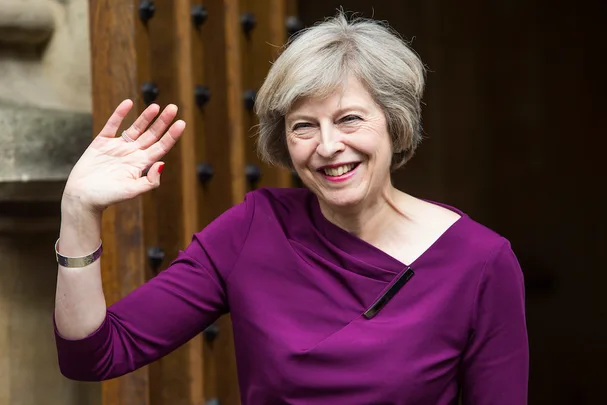 Getty
Getty
